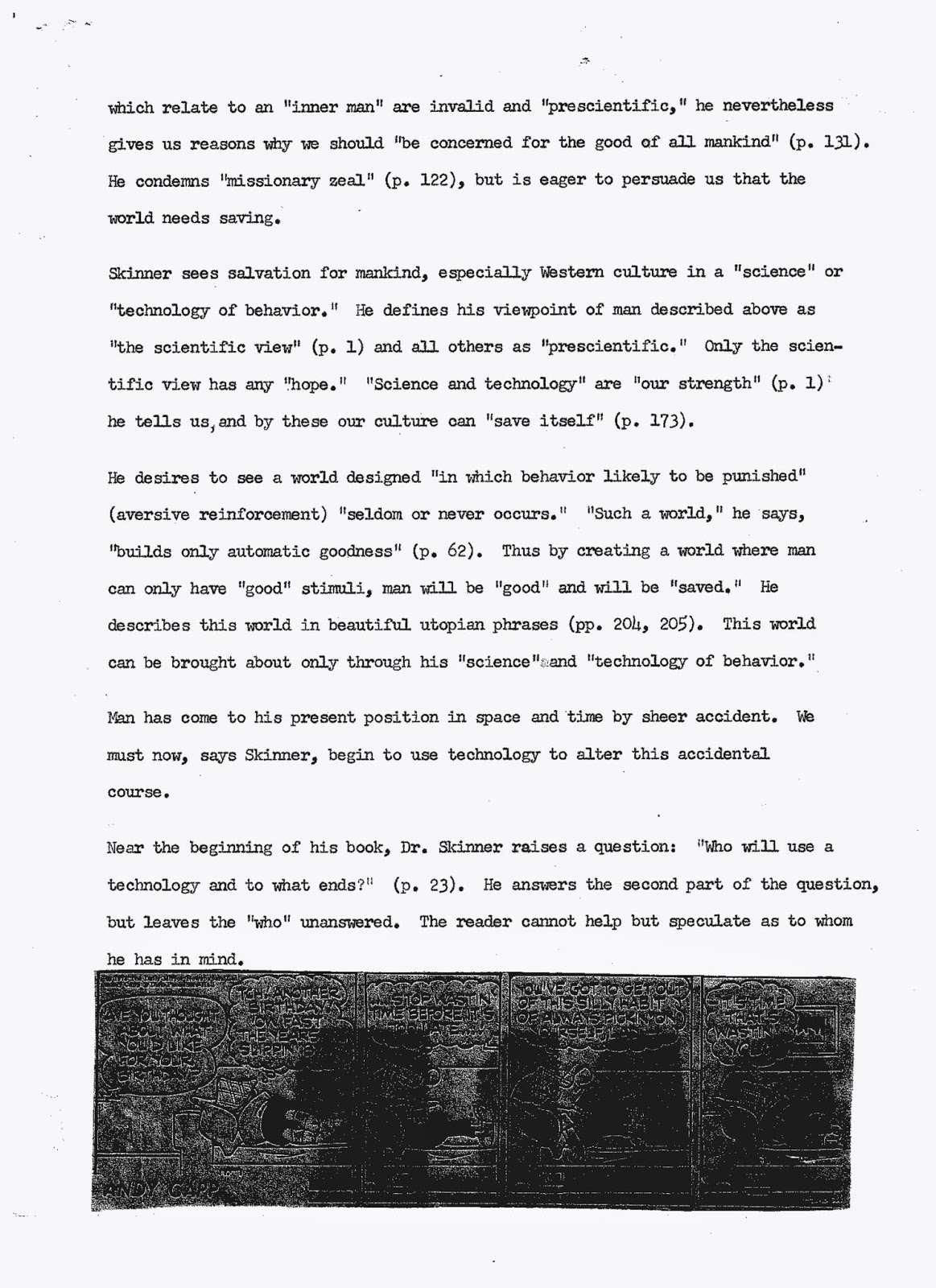I often choose to read books that trouble me
- books of social commentary - books that describe and discuss matters that
should concern me as a Christian.
Usually books such as these are not written by Christians; at least the
authors do not profess to be Christians.
However, they often give the feel of moral indignation and of a sense of
injustice.
One such book that I recently read was The
Divide by Matt Taibbi, a contributing editor for Rolling Stone
magazine and the author of other books of social commentary. The cover blurb describes the problem
addressed as " ... a statistical mystery:
Poverty goes up. Crime goes down. The prison population doubles. Fraud by the rich wipes out 40 percent of the
world's wealth. The rich get massively
richer. No one goes to jail."
Hence the title of the book. The Divide tells the stories of our
two justice systems: one for the
"haves" and another for the "have-nots."
While the author does do a great deal of
analysis, the power of the book lies in the stories he tells, stories from both
sides of the divide, illustrating his points with accounts of real people. But before diving too deeply into these he
gives this statement:
"Unquestionably, however, something else
is at work, something that cuts deeper into the American psyche. We have a profound hatred of the weak and the
poor, and a corresponding groveling terror before the rich and successful, and
we're building a bureaucracy to match those feelings" (page xx).
Taibbi all through the book shows his moral
indignation. He feels a sense of
unfairness that enormous crimes by the rich go unpunished and even rewarded,
while the poor are rounded up for alleged infractions and often end up helpless
and/or imprisoned.
Chapter after chapter, story after story,
Taibbi makes his case. His stories are
accounts of real people - poor blacks, poor whites, poor Hispanics, caught in
the "stop and frisk" or similar policies of large cities. He devotes a long chapter to the stories of
the abusive treatment of undocumented immigrants. And he alternates these with tales of
successful (often "legal") swindles pulled off by millionaire
bankers. The poor have little, if any,
legal counsel and are rushed through impersonal court systems, while the
wealthy are represented by top-of-the-line law firms.
This is not a "political"
book. Taibbi doesn't place the blame on
any one political party or politician.
He does, however, place much blame on a memo authored by our current
Attorney General Eric Holder, when he was a little-known official in the
Clinton administration. The memo warned
of the dangers of "unintended consequences" if large corporations and
their executives were prosecuted - job losses for innocent lower level
employees and the resulting economic losses.
Apparently the "too big to fail" thinking resulted from this. Of course, a corollary would be "too-big
to jail."
The book is over 400 pages thick and I
suppose my greatest criticism would be that the stories at times are too long
and detailed. And yet this is one of the
books great strengths; Taibbi forces us to share in the misery of those who are
being beaten down by the system, as well as in the frustration at the long
legal maneuvers of those who get away with their crimes.
This book does make some suggestions, but
mainly I felt a sense of hopelessness when I had finished. What can be done? Some things can be done to alleviate much of
the injustice, but probably not too much will be. What can I as an individual do?
Stepping back and looking at the present situation
through the lenses of history and the Bible, we can see that while the particular
injustices that Taibbi describes may be unique to our country and our age, they
are not new phenomena. The poor appear
to have always been the ones to suffer more for their "crimes," while
the rich and powerful seem to be free from the consequences of theirs.
We see these problems addressed in the Old
Testament Scriptures. The author of Ecclesiastes had a few
things to say (cynically?) about this nearly 3,000 years ago:
"If you see oppression of the poor and
denial of justice and righteousness in the province, don't be shocked at the
sight ... (Ecclesiastes 5:8; see also 4:1-3; 7:7).
The prophets raged against it. In fact, as I read The Divide I kept
being drawn back to Amos' tirades:
"Those who turn justice into wormwood
and put down righteousness to the earth" (Amos 5:7; see verses 10-15).
But the most severe threats against injustice
come from Jesus Himself. He concludes
His sermon on things
to come by promising that He Himself is going to return to judge the nations
for their mistreatment of the poor, the hungry and the prisoners. See Matthew 25:31-46.
Is Taibbi correct in his analysis? Do we in America really hate "the weak
and poor"? Do we really have a
"groveling terror of the rich and successful?" I fear that he is correct. I have heard statements from many implying
this and sadly I have heard such things from those who claim to follow Jesus.
I'm not sure what we can do about injustice. But one of the first necessities is to admit
it exists. Another is to cease blaming
the victims.



